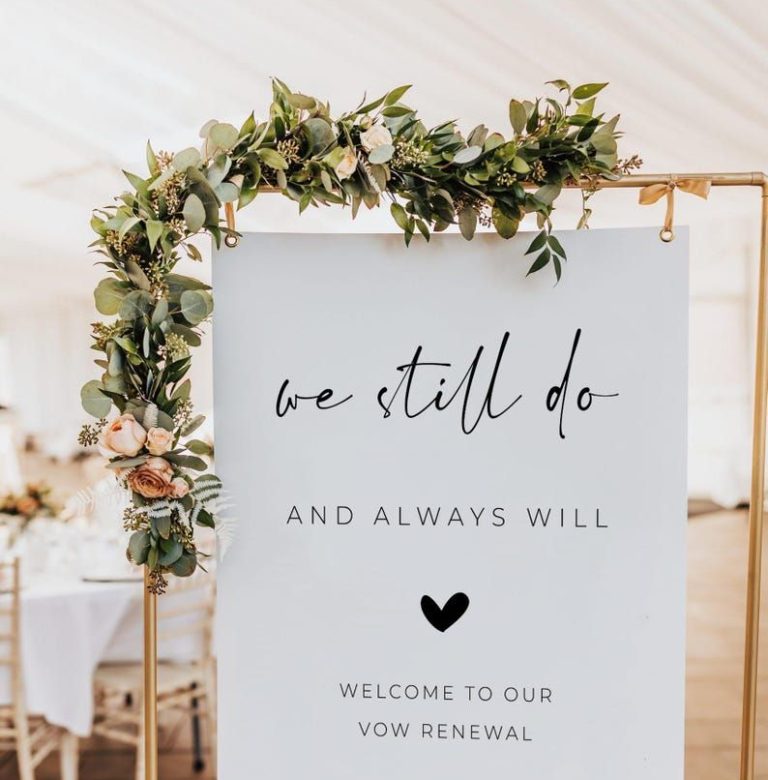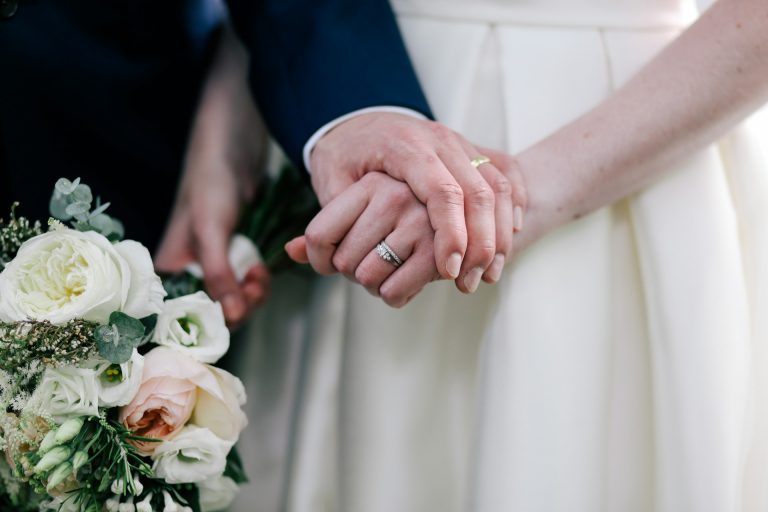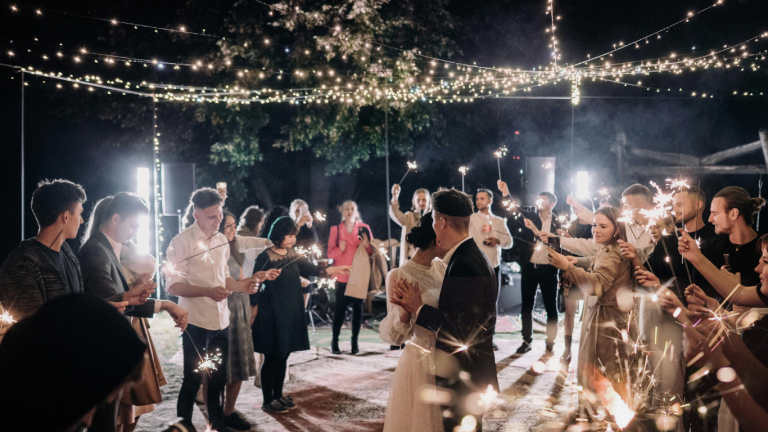Why Couples Choose To Say “I Still Do”
Marriage isn’t a straight line—it’s a winding journey filled with highs, lows, and countless “we’ll figure it out” moments. Over the years, many couples realise that love looks different than it did on their wedding day. Between raising kids, career changes, or surviving life’s curveballs, your vows become more than poetic promises—they’re proof of endurance.
That’s why more couples are choosing to renew their vows. It’s not just about romance; it’s a reminder that after everything, you’d still choose each other. Relationship strategist Elizabeth Overstreet calls it “a reaffirmation that the good continues to outweigh the challenges,” a symbolic act of resilience and recommitment.
The Milestone Years That Matter Most
Traditionally, couples celebrate milestones every five years: wood for the 5th, silver for the 25th, gold for the 50th. But in reality, the “right” anniversary is deeply personal. Maybe your 12th year felt more meaningful than your 10th because you overcame a rough patch or welcomed your first child.
Experts say couples often choose the 5th, 10th, 25th, or 50th anniversary as natural points to renew vows. Others prefer moments of personal triumph—such as recovering from illness, surviving financial strain, or simply rediscovering their spark.
In South Africa, where family remains central to community life, many couples use vow renewals to bring generations together. It’s a way to remind children and loved ones that love, like ubuntu, grows stronger when shared.
Things To Consider Before Planning A Vow Renewal
Before diving into Pinterest boards and floral quotes, take a step back. Even small vow renewals need planning, a bit of budgeting, and emotional intention.
Your Guest List
Decide who you want to share the moment with. Some couples opt for a quiet exchange under a tree or in their backyard; others invite family and close friends for a full celebration. Wedding planner Alicia Mae says many use vow renewals to do what they couldn’t the first time—whether that means adding personal touches or skipping the stressful parts.
Budget And Costs
Vow renewals can range from simple to extravagant. A small garden ceremony may cost just a few thousand rand, while a venue or resort celebration can easily run into tens of thousands. Costs vary depending on location, décor, and photography, but experts say a renewal can be as intimate or lavish as you wish—it’s the meaning that counts.
Timing And Significance
Think beyond the numbers. Choose a date that reflects your shared story—maybe the year you survived something tough together, or when you moved cities and started anew. This emotional anchor often makes the ceremony more memorable than the anniversary itself.
Destination Ideas For Your Vow Renewal
From vineyards in the Cape Winelands to beaches in St. Lucia, vow renewals today span the globe. Some South Africans even turn their milestone into a travel experience.
Beach Escapes
Couples often head to coastal resorts for an intimate “I Do for Two” experience—like a secluded ceremony at sunset with just the sound of waves and champagne in hand.
Vineyard Celebrations
Wine farms remain a timeless choice. Places like Franschhoek or Stellenbosch offer breathtaking views, fine wine, and that old-world romance perfect for a small renewal surrounded by nature.
Family Retreats
Others choose to rent a small boutique hotel or lodge, bringing their families along for a weekend celebration. It’s less about formality and more about connection—recreating the joy of a wedding without the stress.
The Heart Of It All
Whether it’s your 5th or 25th anniversary, renewing your vows isn’t about redoing your wedding—it’s about rediscovering each other. It’s saying, “After all these years, through every version of us, I still choose you.”
And in a world that often rushes past the quiet, meaningful moments, that might be the most romantic gesture of all.
Featured Image Source: Pinterest





